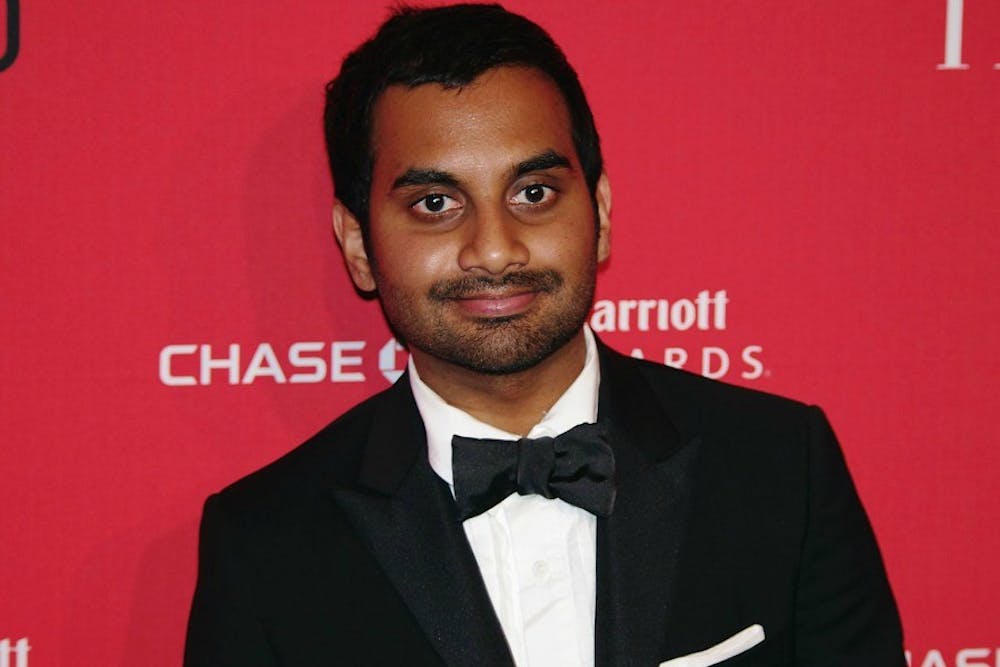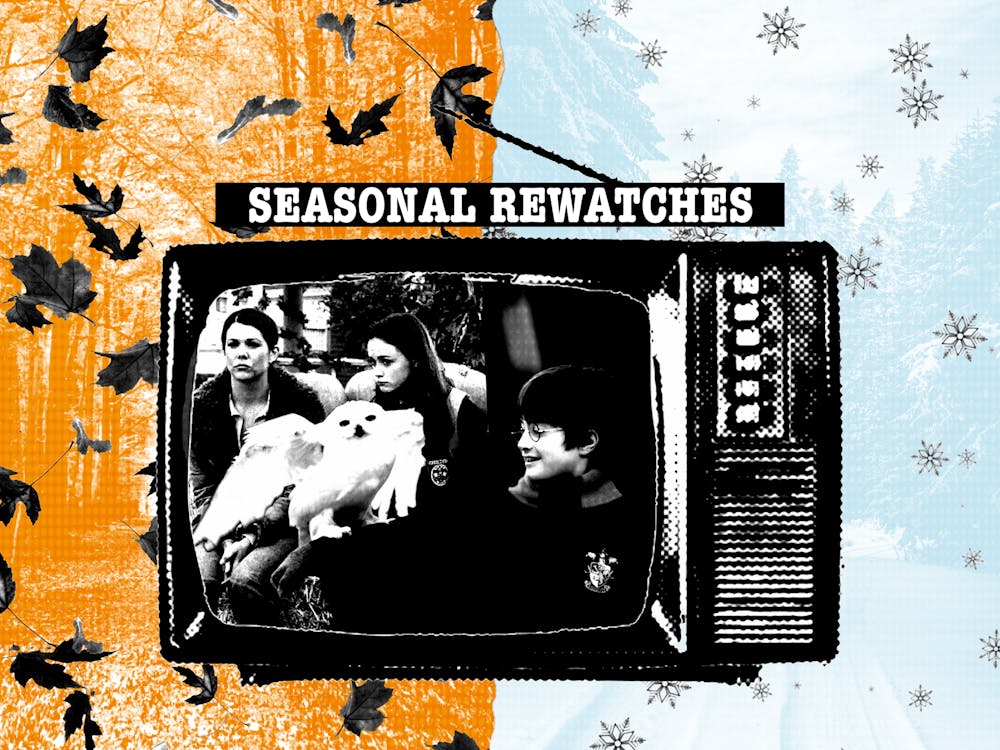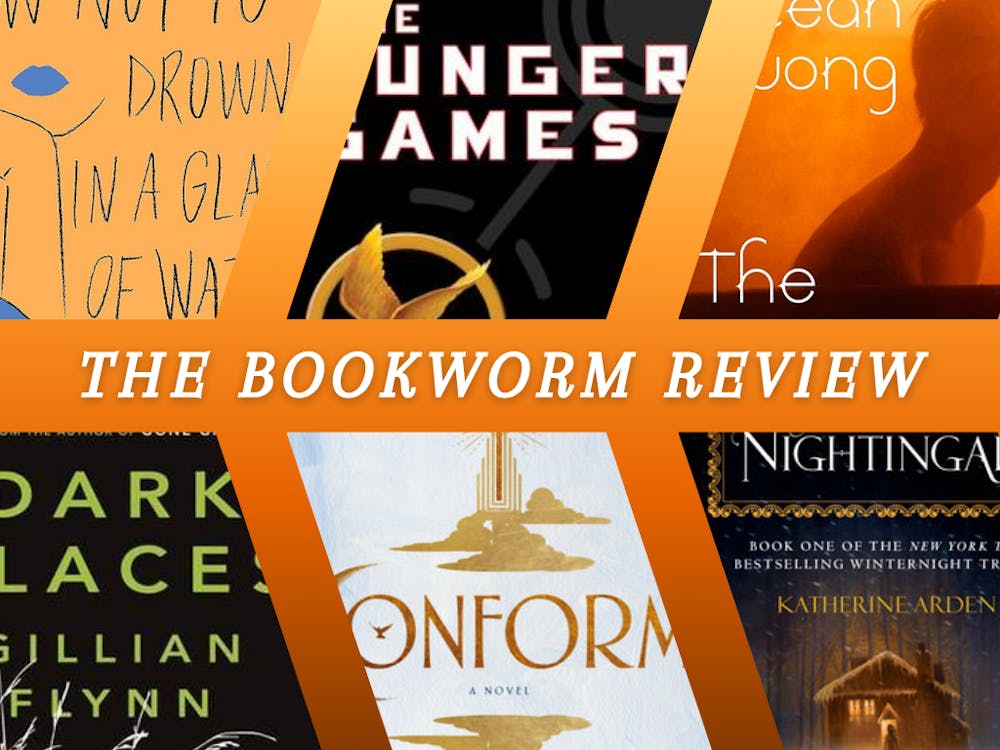By Devon Shuman, Senior Staff Writer
Aziz Ansari's character in his new Netflix series, "Master of None," isn't all that different from his former role on "Parks and Recreation."
Both are typical millennial "bros." They like to dress nicely, they are always tuned in to social media and they are constantly caught up in the latest trends and fashions. The difference is that "Master of None" places its protagonist, Dev, in more realistic everyday situations (taking care of a friend's young children, having dinner with parents, dealing with a broken condom, etc.), forcing him to navigate the intricate difficulties of adult life.
The genuine feel of the show, along with its artsy "Louie"-esque tone, makes Dev's focus on the trivial aspects of life that much more absurd and hilarious. For instance, when describing why he doesn't want to have kids, Dev cites his freedom to go out and get pasta at 3 o'clock in the morning. "What if I don't find a sitter? Then what? I'm not eating pasta? That sounds horrible!"
The series goes beyond simple laughs, however. Although each episode is separate from the rest, set up like a short movie with an individualized title sequence, they all tackle different real-life issues.
The show has a broad reach, delving into a wide range of serious topics, including marriage, immigration, racism in show business and having children. It doesn't do so in a kitschy, traditional-sitcom manner where everyone ends up smiling when the credits roll. It really takes time to explore these themes and offer perspective.
In the second episode, Dev's father asks him to help set up his new iPad since it didn't sync the calendar from his old computer. Dev says he can't because he's going to a movie and wants to get there early since he likes watching the trailers. Initially, this comes across as a silly one-liner, but then the show flashes back to Dev's father's upbringing, his decision to sacrifice everything and immigrate to America so he could become a doctor and provide a better life for his children. Suddenly, Dev's comment loses its humor and becomes tragic and depressing.
"Master of None" aims to expose the lack of perspective and understanding surrounding these real-world issues. At times, it tries to hit the audience too hard with the drama and emotion and misses its mark. But, the humorous tone throughout helps to balance this out.
Of course, the show isn't a one-man production. There's a heavy focus on Aziz, but there is a considerable amount of secondary actors, the best of whom, by far, is Eric Wareheim, who plays Dev's friend, Arnold.
Wareheim is known most notably for his sketch show, "Tim and Eric," which is infamous for its weird and random improvisational style of humor. Wareheim's approach to comedy is polarizing - many people are turned off by its bizarreness and lack of structure. But, it fits perfectly into the absurd reality of "Master of None" and the improvisation is hilariously evident.
In one scene, a woman tells Arnold that her baby's name is Lucian to which he replies, "No way. That's my lizard's name. Small world." He then goes on to explain that the lizard had died the previous week, having been run over by an ice-cream truck. It is both funny and undeniably impressive to watch how effortlessly Wareheim can come up with these lines and take control of a scene.
When it comes down to it, however, "Master of None" is really all about Aziz. It jumps around in tone from humorous to emotional to critical, but from a holistic perspective, it is autobiographical. Dev is a representation of Aziz himself - a first-generation American trying to make it big as an actor while dealing with the trials of everyday adult life.
Enjoy what you're reading?
Signup for our newsletter
Aziz effectively portrays the struggle that so many other millennials face - even though he's technically an adult, he doesn't feel grown up. He is able to tap into that feeling and help people make sense of the hectic world around them, and, if nothing else, he is at least a "master" of that.
4/5 stars




